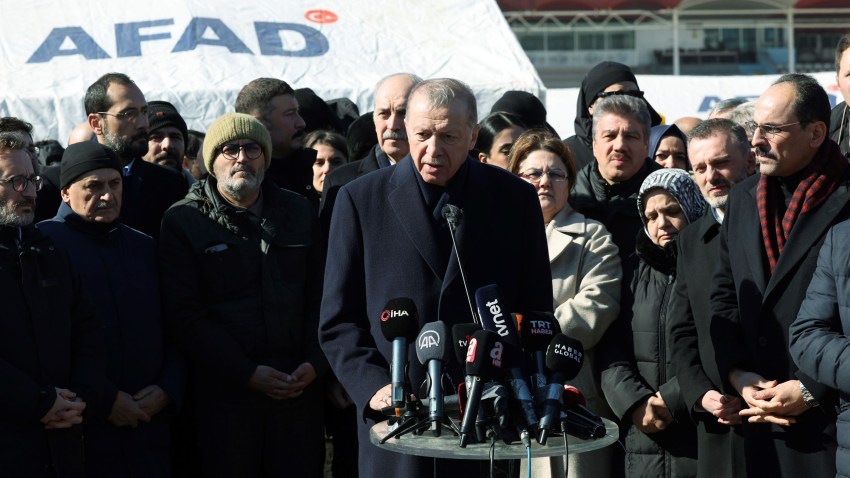Southern Turkey and northwestern Syria have been devastated by the worst natural disaster to hit the countries in their modern histories. Two consecutive earthquakes on Feb. 6 have so far killed more than 35,000 and injured tens of thousands more.
The disasters were natural, but not all of the fallout was: The humanitarian catastrophe caused by the earthquakes has been worsened by corruption, politics and geopolitical rivalries.
In Turkey, for instance, an “earthquake tax” was imposed in the aftermath of the Izmit earthquake of 1999, raised from a surcharge on telecommunications services. The funds were meant to be set aside for disaster relief, both for Izmit and in the event of future emergencies. But it is unclear where the money was spent, with some reports claiming it was in fact diverted to public works projects run by associates of President Recep Tayyip Erdogan.

